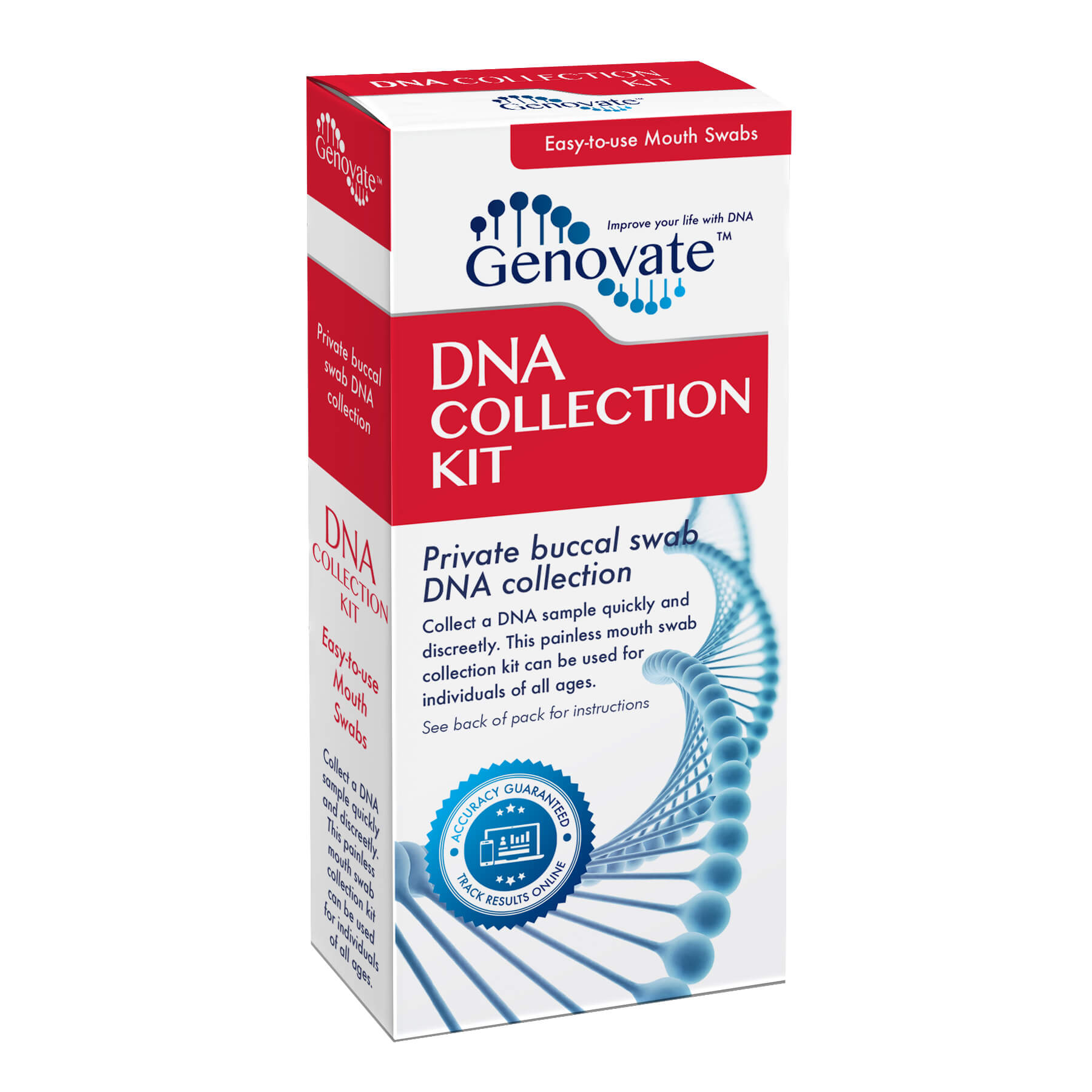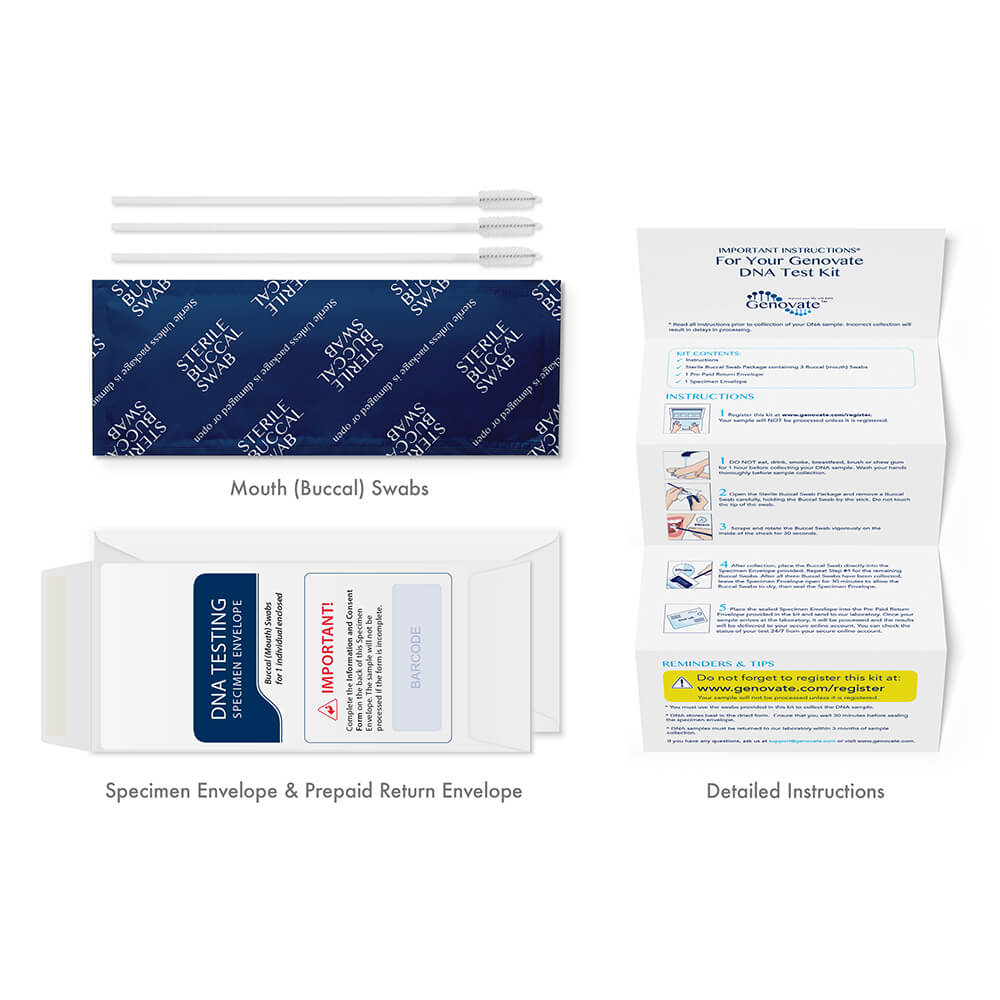What is the “male pair-bonding” gene?
The “male pair-bonding” gene is a genetic variant of the AVPR1A gene. AVPR1A variation can occur in the regulatory region of the gene at three different repetitive sequences, known as RS1, RS3 and GT25. A specific version of RS3, known as the RS3 334 allele, is associated with diminished pair-bonding in males.
Men with the RS3 334 allele are less likely to form a strong bond with their partners and are more likely to experience marital crisis or divorce. They are less likely to get married and more likely to cohabitate, than individuals without the RS3 334 allele. Spouses of men with the RS3 334 allele report feeling less affection and consensus in the marriage.
Although there is no evidence that this variant influences sexual behaviour in females, there are different AVPR1A variations, which are associated with an increased likelihood of infidelity in females. These variants are detected in the Female Infidelity Gene AVPR1A Test.
What is the AVPR1A gene?
The AVPR1A gene encodes the arginine vasopressin receptor 1A, which binds vasopressin and transmits the signal into the cells. Vasopressin is a hormone or “chemical messenger” that promotes water retention in the kidneys and increases blood pressure. Most of these effects take place when vasopressin is released into the blood stream. Vasopressin can also be released directly into the brain and influence social and sexual behaviour (such as infidelity). When this signal transmission is disrupted (as in the case of “male pair-bonding” gene), there is an decreased likelihood of forming a strong bond with their partner.
Conditions associated with the AVPR1A gene
Genetic changes in AVPR1A are linked to an increased likelihood of infidelity in both men and women. Other changes in the AVPR1A gene are also associated with:
- Autism
- Altruistic behaviour
- Addictive behaviour
- Eating disorders
- Social behaviour such as sibling interactions
DNA testing for the “male pair-bonding” gene
The AVPR1A gene is located on chromosome 12. We inherit two copies of the gene – one from each parent. A simple DNA test can be done to find out which forms of AVPR1A a person has inherited. The different versions of AVPR1A are due to short tandem repeats (STRs) in the regulatory region that controls the protein levels. The AVPR1A STR test determines the length of the repeat region and determines whether the person has the RS3 334 infidelity variant.
Three Easy Steps
Step 1: Order test kit online
Step 2: Collect DNA sample using a painless mouth swab, and mail to the lab in the provided return envelope
Step 3: Receive your results online
Click here for more details and to watch our explanatory video.
| Benefits |
|---|
| ✓ Determine the genetic influence on bonding with your partner |
| ✓ Understand what makes you behave the way you do |
| ✓ Painless buccal (mouth) swab sample collection |
| ✓ All tests are run 2x for absolute accuracy |
| ✓ Quickly collect samples in the privacy of your own home |
| ✓ 24/7 online test status check |
| ✓ Discreet online results option available |
| ✓ No age limit |
| ✓ State-of-the-art accredited testing laboratory |
Related products
Behaviour & Traits
Determine whether you carry a genetic variant associated with an increased likelihood of sexual promiscuity.
Behaviour & Traits
Find out whether you are genetically predisposed to cheating.
Behaviour & Traits
Find out whether you carry a genetic variant that disrupts your serotonin levels
Behaviour & Traits
Determine whether you carry a genetic variant that disrupts the breakdown of neurotransmitters in the brain.










